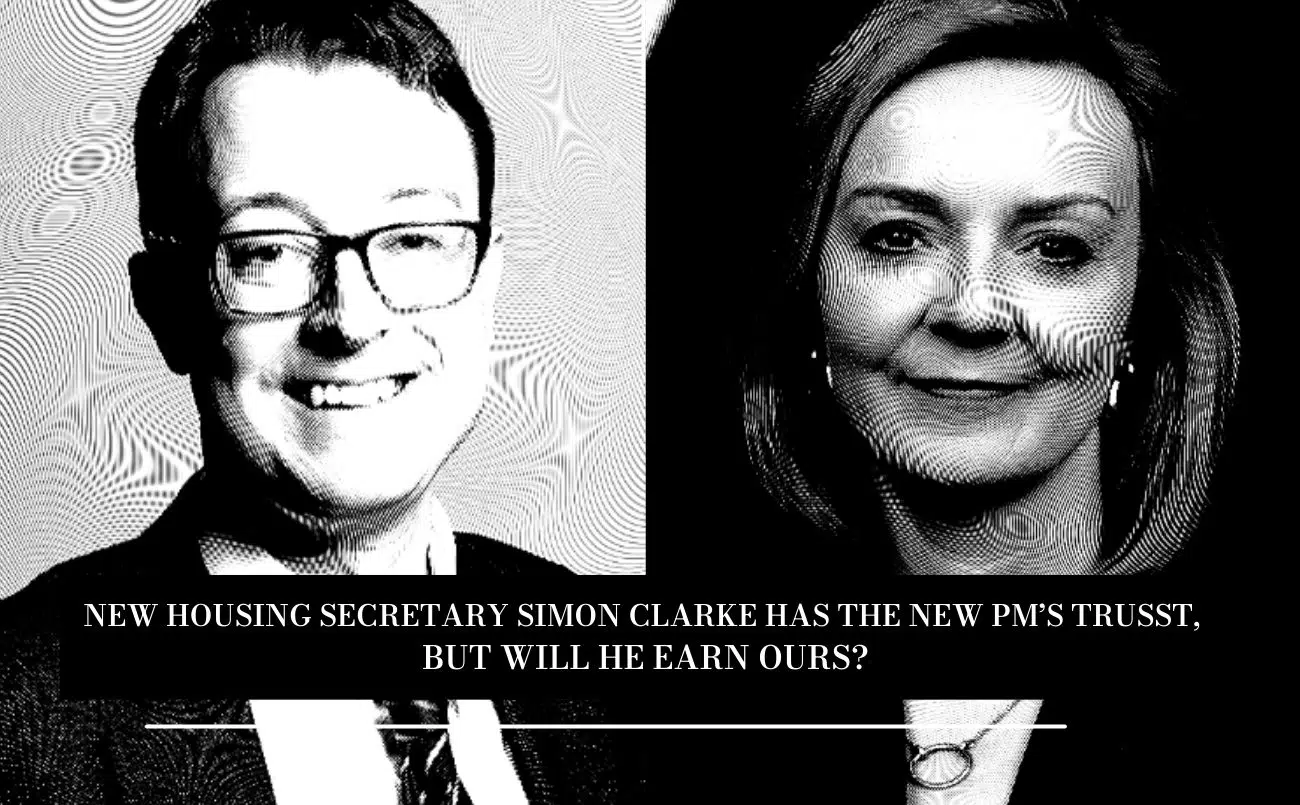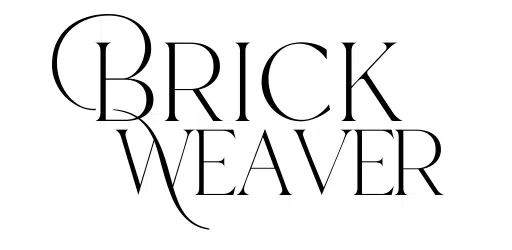
New Housing Secretary Simon Clarke has the new PM’s trusst, but will he earn ours?
New Housing Secretary Simon Clarke reportedly suffers from agoraphobia. Given the revolving door of those who have preceded him, his new position shouldn’t cause him any concern, as there’s always a means of escape.
How Mr Clarke will ‘level up’ remains to be seen but I’d have hoped he may have reconsidered his stance on the stamp duty holiday, which he maintains was ‘the right thing to do’ to stop the market collapsing during the Pandemic. What it actually did was unnecessarily fuel house prices, which would have organically increased anyway after the stagnant Brexit years. You only have to look at the market at the start of 2019, just before the Pandemic struck, to see there was a healthy appetite for change. What ensued, just added to that.
Now, many are left unable to afford a home and will remain so till inflation is brought back down, at which point prices will no doubt begin to climb again.
Cladding Crisis
For those still awaiting clarification on their cladding nightmare, the appointment of a new Housing Secretary and PM will provide some relief. As of the 9th of August, the 49 developers who had the summer recess to stall over signing the white paper, which commits them to remedial works on buildings over 11 metres, will now have to put pen to paper or face the consequences. Whether Simon Clarke will be as hard lined as Michael Gove is yet to be seen but either way, cladding victims will want answers not excuses.
Housing Targets
In every other business, targets are set as a benchmark to growth and accomplishment. Some are overzealous but they are there for all to strive towards. Removing the “Soviet top-down housing targets” therefore seems a convenient mechanism of Liz Truss’ to avoid measurement. If there is no target, you can never fall short. So long as more homes are built than the year before, you look progressive.
Liz Truss’ belief that quality before quantity is paramount when it comes to housing, may scupper any hopes of plastering over the current housing void. But plans to incentivise “investment through the tax system, simplifying regulations” will be welcomed by developers who have long wanted to take an angle grinder to the red tape planners hide behind, to line their dwindling coffers whilst appeasing the nimby’s assaulting their inbox.
How the conservatives navigate their way around the local nimby’s, whose vote they heavily rely on, will be interesting. Getting communities to agree on a scheme is like asking Putin to sit down and agree terms with Zelenskyy. Achieving a consensus will take time and in that time, grown up kids languish at home, renting a room becomes commonplace and homelessness increases.
Rental Crisis
Building more homes is great but it doesn’t remedy the current situation. Freezing rents and banning evictions like Scotland have just done, also doesn’t help. It may temporarily act as a salve for renters but all you are doing is building on the current momentum, by kicking it down the road. If landlords can’t evict a non-paying tenant, they will abandon ship as soon as the ban is lifted and they’ve reached the front of the long queue, for a possession order.
Maybe that’s the Government’s masterplan – by the time you can evict your tenant, Section 21 could finally be abolished and the market will be in such a downturn landlords won’t want to sell.
For the time being, whilst we wait for the build to rent blocks to be erected and Brownfield sites to be developed, the government needs private landlords. To do this, responsible landlords and tenants alike, require reassurance. Neither exists without the other so both sides must be heard.
Housing Secretary, Simon Clarke and PM, Liz Truss may not believe in housing targets, but I’d say the General Election in 2024 will be a pretty good indication of how successful they are.





